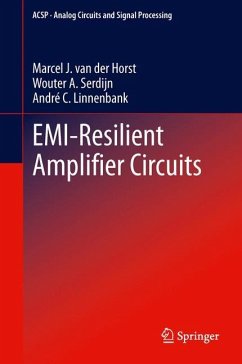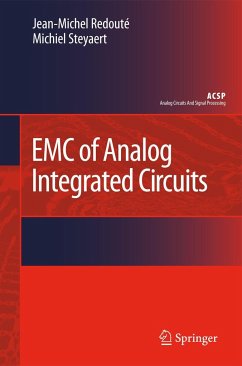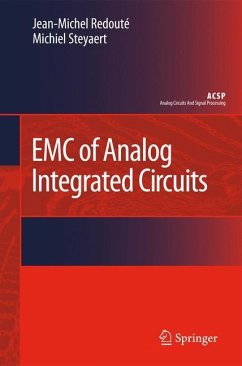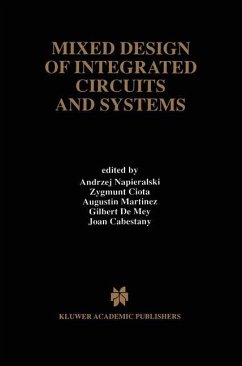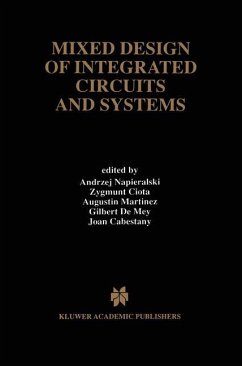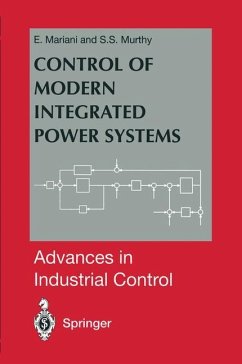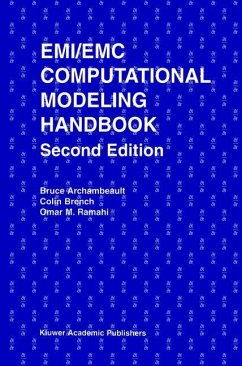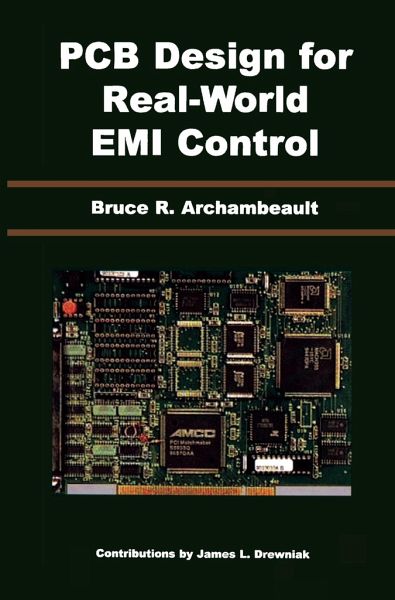
PCB Design for Real-World EMI Control
Versandkostenfrei!
Versandfertig in 1-2 Wochen
168,99 €
inkl. MwSt.

PAYBACK Punkte
84 °P sammeln!
Proper design of printed circuit boards can make the difference between a product passing emissions requirements during the first cycle or not. Traditional EMC design practices have been simply rule-based, that is, a list of rules-of-thumb are presented to the board designers to implement. When a particular rule-of-thumb is difficult to implement, it is often ignored. After the product is built, it will often fail emission requirements and various time consuming and costly add-ons are then required. Proper EMC design does not require advanced degrees from universities, nor does it require stre...
Proper design of printed circuit boards can make the difference between a product passing emissions requirements during the first cycle or not. Traditional EMC design practices have been simply rule-based, that is, a list of rules-of-thumb are presented to the board designers to implement. When a particular rule-of-thumb is difficult to implement, it is often ignored. After the product is built, it will often fail emission requirements and various time consuming and costly add-ons are then required. Proper EMC design does not require advanced degrees from universities, nor does it require strenuous mathematics. It does require a basic understanding of the underlying principles of the potential causes of EMC emissions. With this basic understanding, circuit board designers can make trade-off decisions during the design phase to ensure optimum EMC design. Consideration of these potential sources will allow the design to pass the emissions requirements the first time in the test laboratory. A number of other books have been published on EMC. Most are general books on EMC and do not focus on printed circuit board is intended to help EMC engineers and design design. This book engineers understand the potential sources of emissions and how to reduce, control, or eliminate these sources. This book is intended to be a 'hands-on' book, that is, designers should be able to apply the concepts in this book directly to their designs in the real-world.



